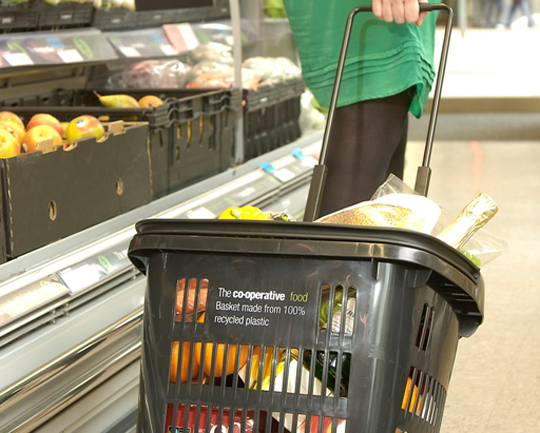Household Bills
UK inflation rises to 0.7% as food and household goods get more expensive

Guest Author:
Emma LunnThe Office for National Statistics (ONS) said Consumer Prices Index (CPI) inflation increased to 0.7% in January from 0.6% in December.
Food and drink prices rose by 0.6% between December and January, compared with a 0.2% fall over the same period a year earlier.
Despite clothing prices rising slightly in December 2020, prices fell by 4.6% between December 2020 and January 2021 as a result of increased discounting.
Sarah Coles, personal finance analyst at Hargreaves Lansdown, said: “A January home improvement frenzy drove prices higher, as locked down shoppers decided that if they had to stay home and stare at the four walls, they may as well paint them. Overall, steady and subdued inflation looked decidedly tame, but given free rein we could see it take flight.
“The biggest increase came from furniture, household equipment and routine maintenance, while the biggest drag on inflation was a drop in clothes prices. Fashion was heavily discounted again, to persuade us to revamp our wardrobes despite not having anywhere to go or anyone to see.”
The Consumer Prices Index including owner occupiers’ housing costs (CPIH) rose 0.9% in the 12 months to January 2021, up from 0.8% to December 2020.

How life insurance can benefit your health and wellbeing over the decades
Sponsored by Post Office
There were notable increases in the contributions to the 12-month inflation rate from furniture, restaurants and hotels, food and non-alcoholic beverages, and transport.
However, the ONS said it had seen no evidence that new Brexit-related custom fees and transport costs had pushed up consumer prices in January.
Laith Khalaf, financial analyst at AJ Bell, said: “Inflation has started 2021 in much the same vein as it finished 2020, low and moving sideways. The fact that restaurants and hotels provided a large upward pressure on CPI, despite largely being shuttered in January, provides ample cause for caution when interpreting broad economic indicators in a world where activity has been so horribly distorted by lockdown.
“The January price variation of some common food items like cauliflowers, crisps and fishfingers suggests there may have been some temporary Brexit disruption at play too.”
Looking forward, economists have mixed views on where inflation could go. Further increases in unemployment levels could harm consumer confidence, with a resultant knock-on effect on inflation.
On the other hand, if lockdown restrictions are eased a spending surge combined with government stimulus could lead to higher inflation over the longer term.